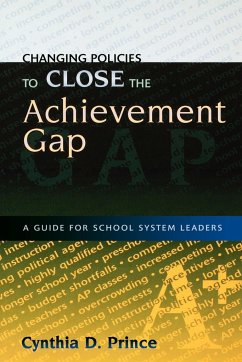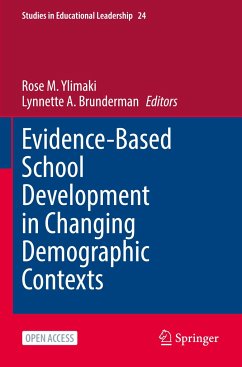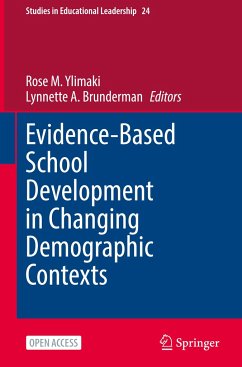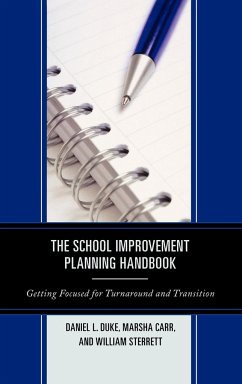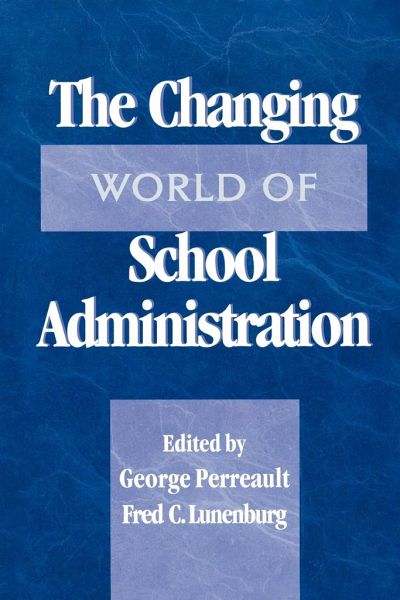
Changing World of School Administration
2002 NCPEA Yearbook
Herausgeber: Perreault, George; Lunenburg, Frederick C.
Versandkostenfrei!
Versandfertig in 1-2 Wochen
95,99 €
inkl. MwSt.

PAYBACK Punkte
48 °P sammeln!
Now available in paper back.The tenth annual NCPEA yearbook examines the pressing issues facing today's educational leaders from a variety of philosophical perspectives. Standardized testing, the impact of market forces on public education, zero tolerance disciplinary polices, ethnic and gender diversity, and issues related to the preparation of school leaders are among the topics discussed in the 25 essays.





